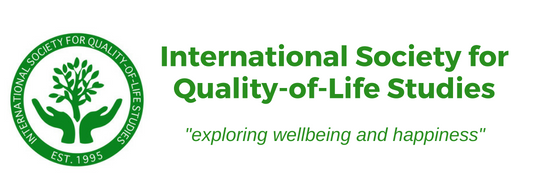Emerald Publishing is committed to sharing content and
SDG-aligned research that makes a real and positive impact
on people and planet. A founding signatory to the United
Nations SDG Publisher Compact, Emerald has established a
range of thematic goals to guide its strategy one of which is
A Fairer Society.
Each year Goal Advisor Professor Wendy M. Purcell, together with Emerald Publishing, select a
topic to explore what it means to become a fairer society and moves to invite experts around the
world to share their insights. The topic is also used to curate related research papers and books.
Past topics have included human flourishing, stewardship, livable cities, volunteerism, fairness
across generations, and trust.
For 2024, the theme for A Fairer Society is Quality of Life. This is in line with UN-Habitat’s
work in this area.
You are invited to contribute a blog, vlog, short think piece, or commentary
on Quality of Life for A Fairer Society.
A world that leaves no one and no place behind is a world where everyone’s quality of life
provides for their needs and enables them to realize their potential and aspirations. What does
this mean to you and your work? What do we need to do and/or stop doing? What will it take for
us to get from here to there? Can quality of life be a global ambition, realized locally for all?
The deadline for receipt is April 9, 2024. Please send of your draft to
wendy.purcell@rutgers.edu marked ‘FAIR QALY’. Accepted submissions will post on
Emerald’s A Fairer Society site in June 2024.
In addition, UN-Habitat is inviting you to express your interest to participate in the seventh
season of the Global Urban Lectures which will also focus on the Quality of Life. The Global
Urban Lectures is one of UN-Habitat’s most popular knowledge products in which experts
deliver a 15-minute lecture on themes related to sustainable urbanization. We are looking for
speakers working on innovative applied research that relates to improving quality of life in cities,
from across disciplines such as (but not limited to) – urban planning, behavioral economics,
public health, food systems, psychology, and environment. Please submit your interest via this
form by March 25, 2024: https://forms.gle/vsbjv7xHZgVS3Cwe6. Kindly reach out to
andrew.schmidt@un.org or liyana.muhamadyusof@un.org if you have any question on the UN-
Habitat Global Urban Lectures series.
Read more:
A Fairer Society Quality of Life Call.pdf
